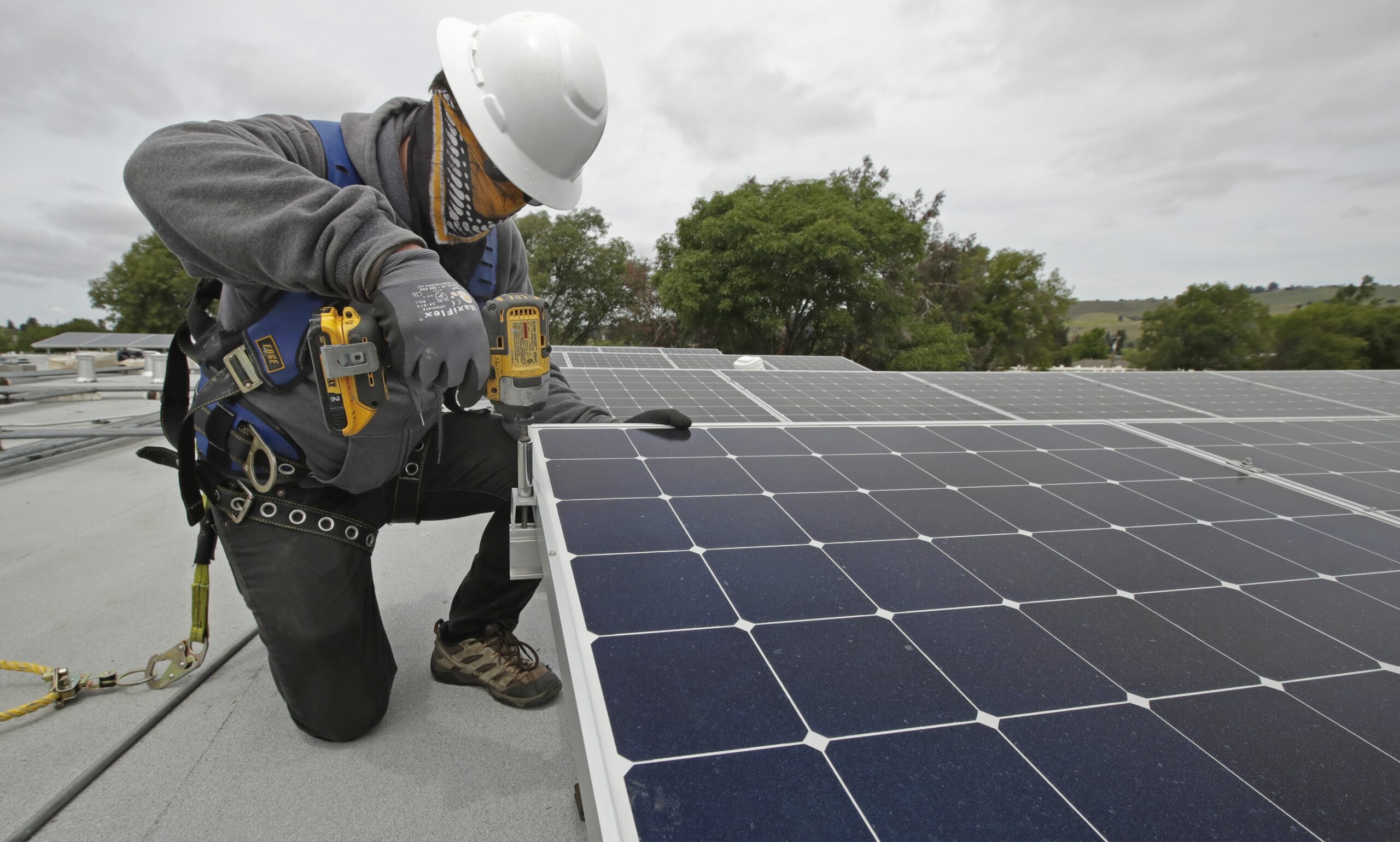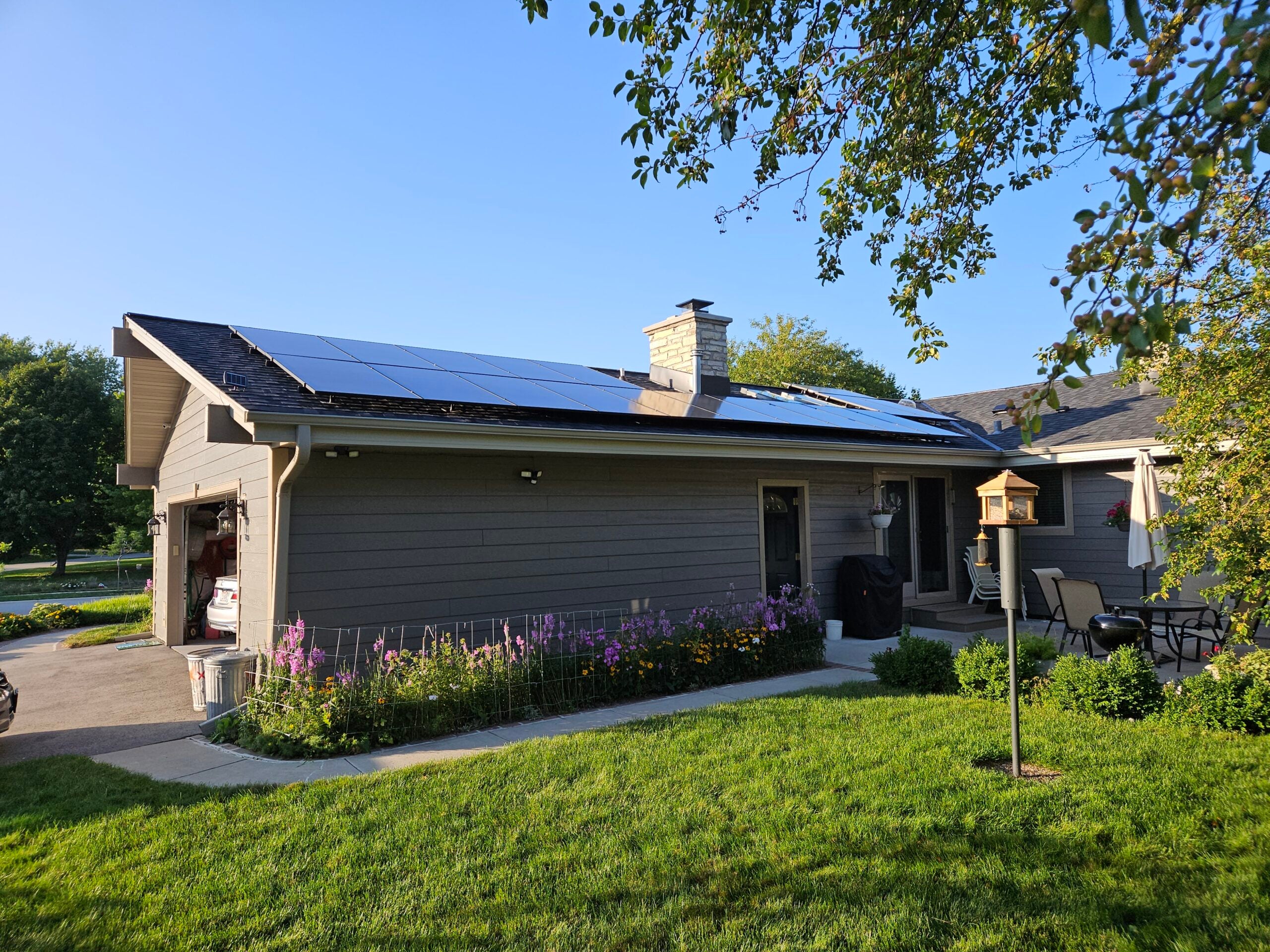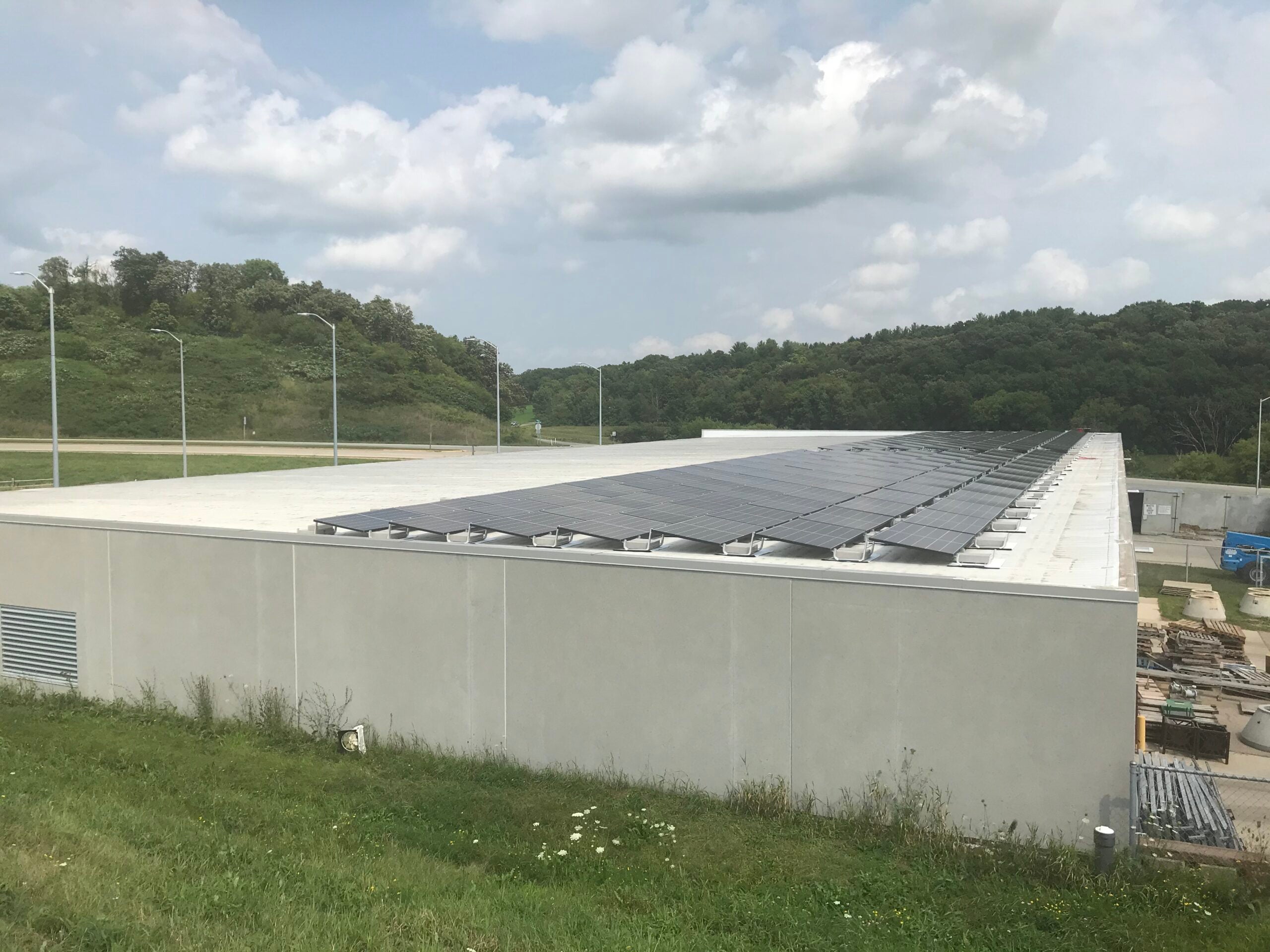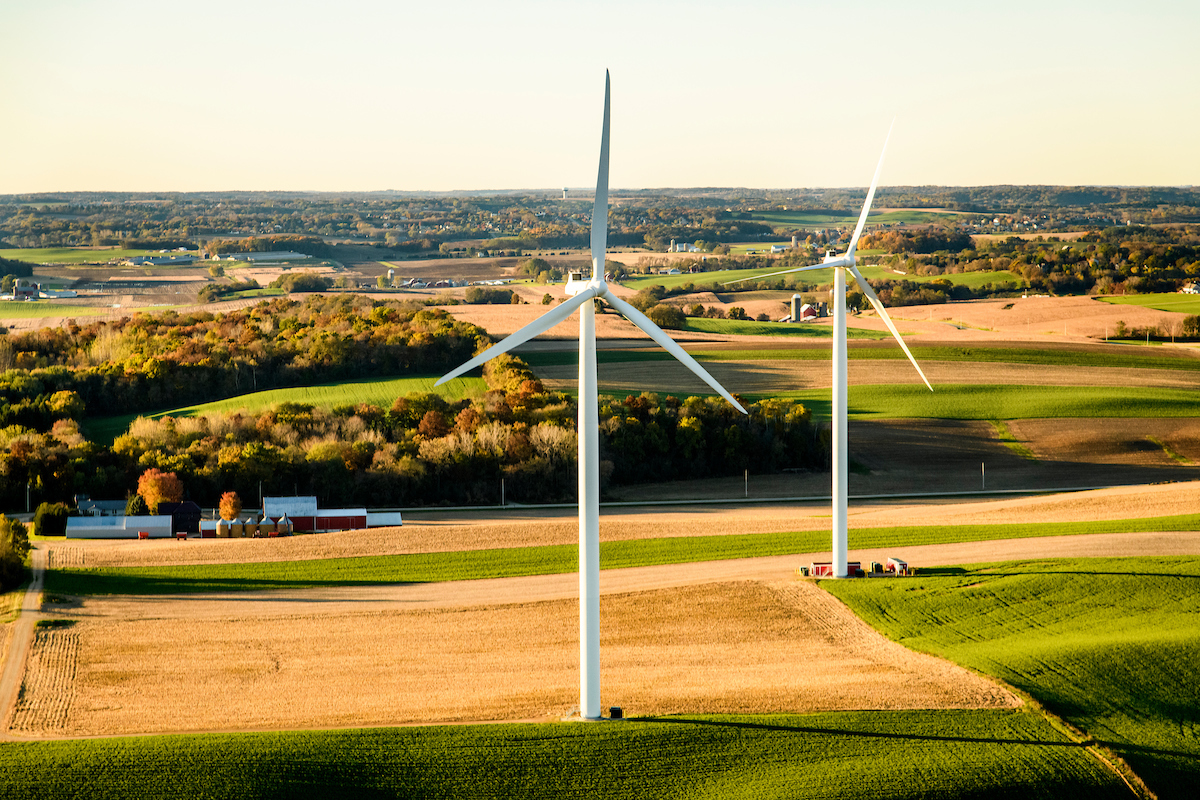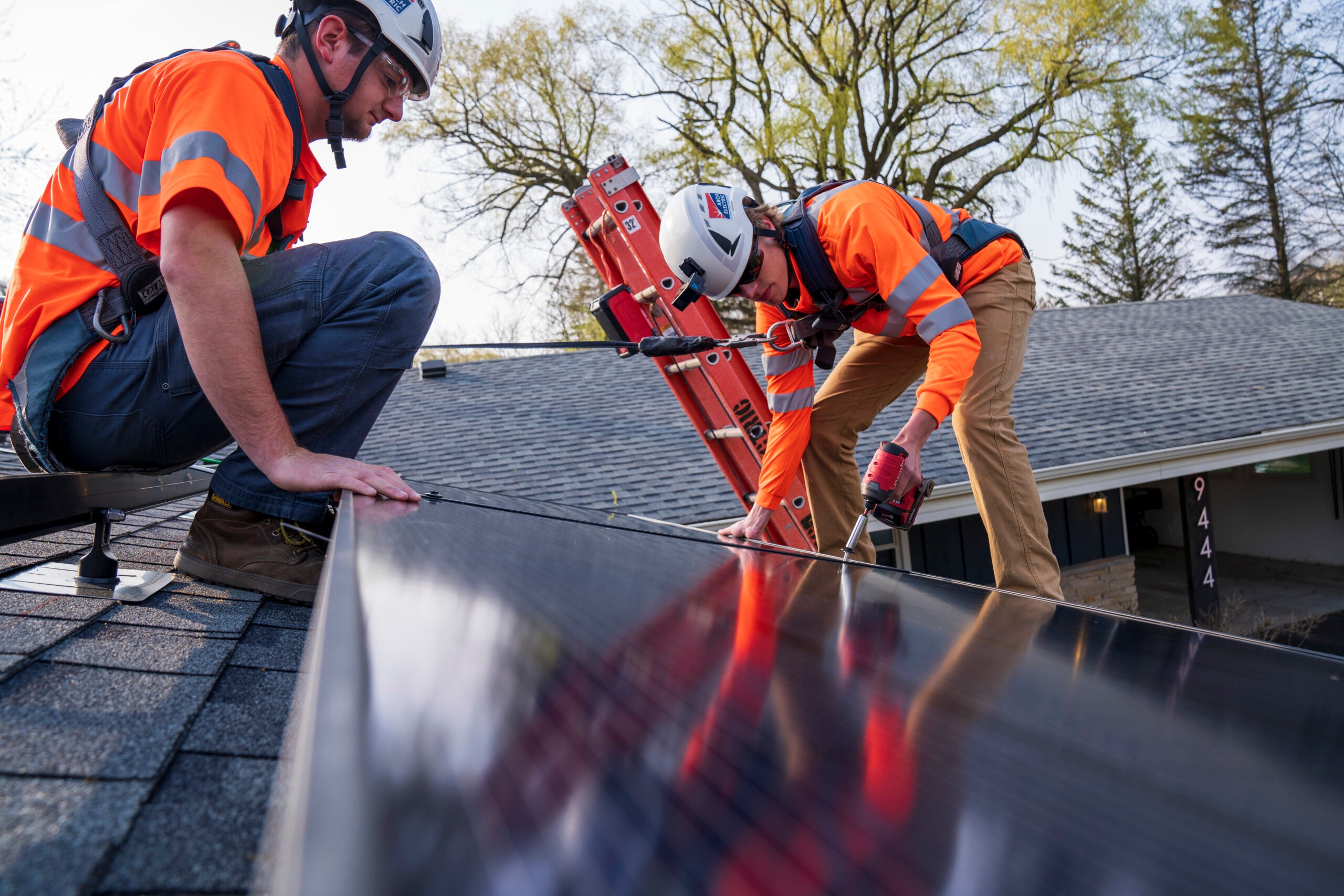Although President-elect Donald Trump has threatened to rescind unspent funds for clean energy programs, climate and energy efficiency advocates say Wisconsin homeowners can still take advantage of incentives under the Inflation Reduction Act.
Last year, more than 73,000 families in Wisconsin claimed tax credits to lower energy costs and make energy efficiency improvements to their homes under the climate law. That’s according to data from the Internal Revenue Service.
Tax credits provide a dollar-for-dollar reduction on what people owe in federal taxes. Residents can claim 30 percent of the cost for heat pumps up to $2,000 each year and up to $1,200 each year for insulation, air sealing and ventilation. They can also claim 30 percent of the cost to install geothermal heating, solar panels and battery storage.
Kevin Kane, chief economist with Green Homeowners United, said people can also receive anywhere from $1,500 to $10,000 in rebates for home improvements under the new Home Efficiency Rebate, or HOMES, program. The state has been allocated $149 million to administer the program along with the Home Electrification and Appliance Rebates, or HEAR, program to be offered later this year. He said the programs are anticipated to benefit between 20,000 to 40,000 homes.
“Wisconsin has the money, and it’s unlikely that anything that would change in the administration within the first year would change that,” Kane said. “But it is entirely possible that through an act of Congress or change in what the administration is aiming to do, that could change later amounts of money that the state is eligible for.”
In the meantime, nothing has changed, according to Kathy Kuntz, director of the Dane County Office of Energy & Climate Change.
“If you’re in the process of doing some energy efficiency upgrades, or you are looking at getting solar installed on your house, those incentives, those tax credits, are all still in place at this point,” Kuntz said.
News with a little more humanity
WPR’s “Wisconsin Today” newsletter keeps you connected to the state you love without feeling overwhelmed. No paywall. No agenda. No corporate filter.
In August, the state became the first in the nation to launch one of two energy rebate programs funded by the law through Focus on Energy. States must use the bulk of funds to provide single and multifamily households with discounted upgrades that save at least 20 percent on energy bills.
Through Nov. 8, the state has approved 777 customers for income-qualified rebates and completed 44 projects, according to the Public Service Commission.
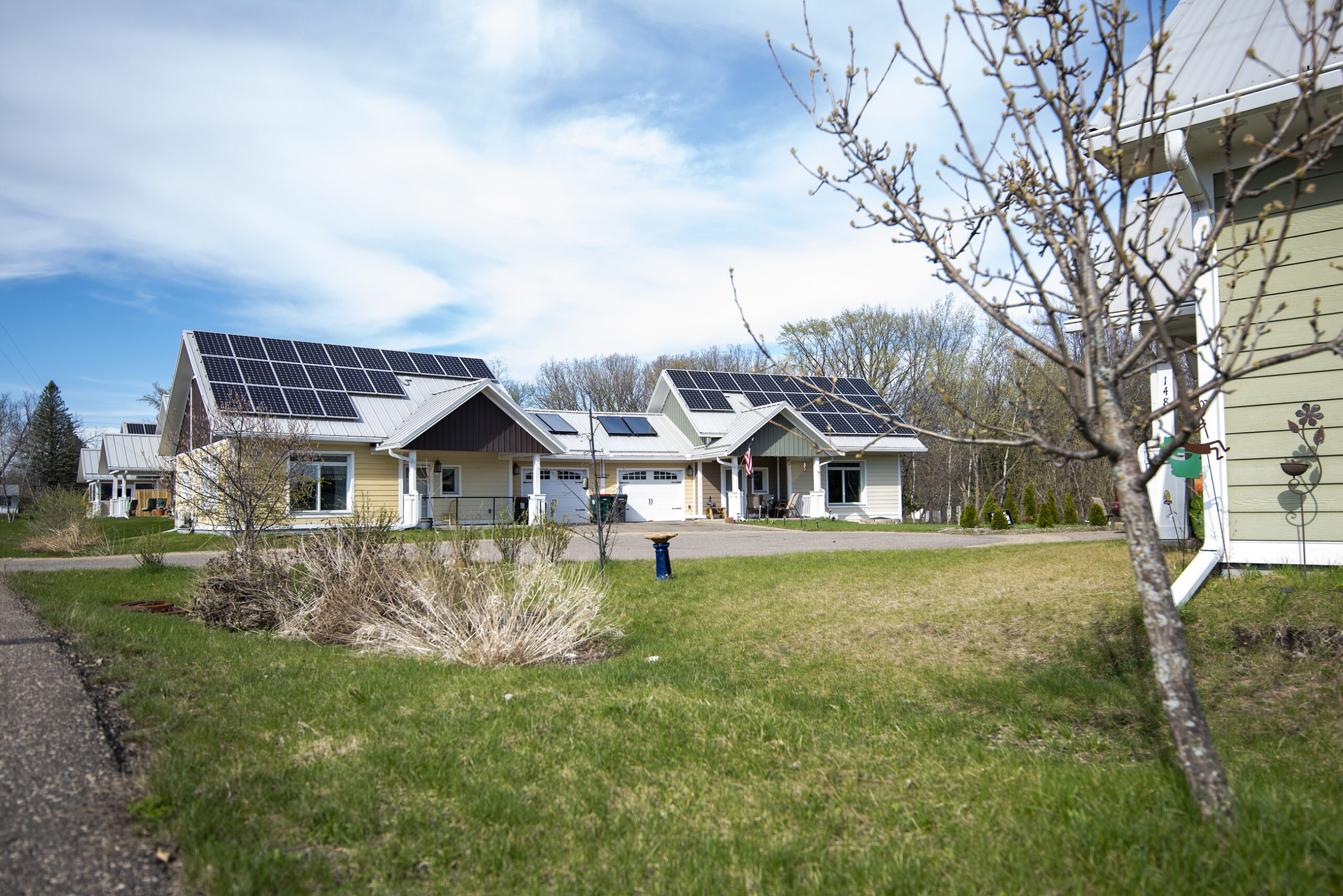
Many homeowners can stack state and federal incentives
Kuntz said she expects funding under the program to last for two to three years, adding Focus on Energy provides its own incentives through ratepayer funds.
“One of the things that was unique in the Inflation Reduction Act is it really encouraged folks to stack these incentives,” Kuntz said. “You can get a rebate from Focus on Energy for that heat pump, water heater you’re buying, and you might qualify for a home energy rebate, which is the federal funding.”
The incentives can’t add up to more than the cost of energy efficient equipment. Even so, Kuntz said people may be able to get anywhere from 70 to 90 percent of the costs covered through state and federal programs depending on their eligibility.
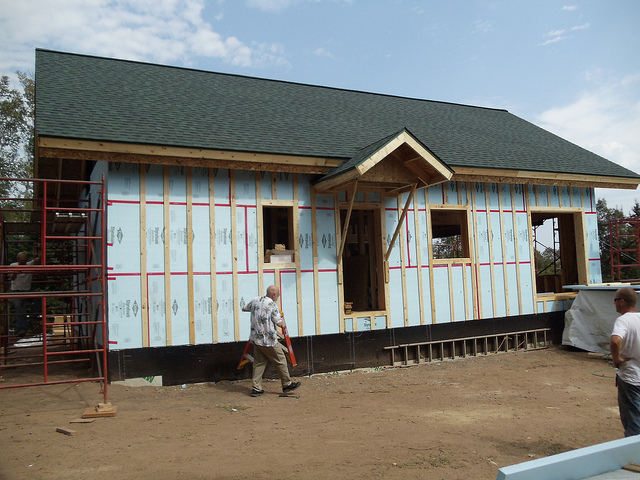
Some Milwaukee residents may be eligible for a free energy assessment
Erick Shambarger, director of environmental sustainability in Milwaukee, said the city provides free energy assessments in disadvantaged neighborhoods in addition to bonus incentives for energy upgrades. Over the next month, the city is working with community organizations like the Sherman Park Community Association to train and hire resilience ambassadors to connect people with energy efficiency programs, as well as home repair programs.
“We want to be a resource to help people navigate the resources that are available to them,” Shambarger said. “There’s the rebates, but sometimes the upfront cost to do these things can be a factor for some people.”
The Milwaukee Energy Efficiency, or ME2, Program is partnering with Summit Credit Union to offer loans of up to $20,000 for eligible homeowners to help pay for energy upgrades while they’re waiting for rebates or tax credits.
The ME2 program has helped more than 1,500 homeowners make upgrades in the past decade, and Shambarger said needs remain high as residents face higher monthly utility bills due to rate hikes.
“We want to see this as an opportunity to again address climate change for the long term, while improving our housing stock, cutting energy bills and making a real, immediate improvement in people’s lives,” Shambarger said.
Homeowners taking part in the city’s program average a 30 percent reduction in energy use.
Details about incentives and registered contractors under the state’s programs are available on the Focus on Energy website.
Wisconsin Public Radio, © Copyright 2025, Board of Regents of the University of Wisconsin System and Wisconsin Educational Communications Board.

